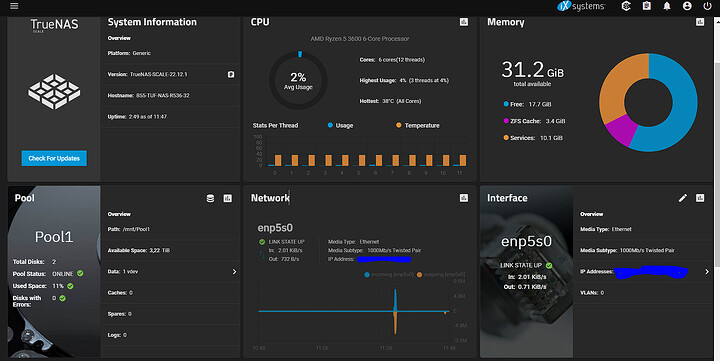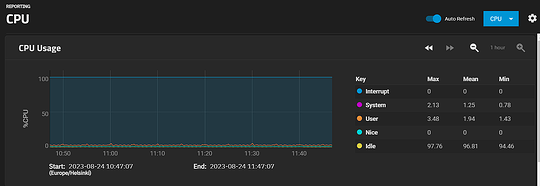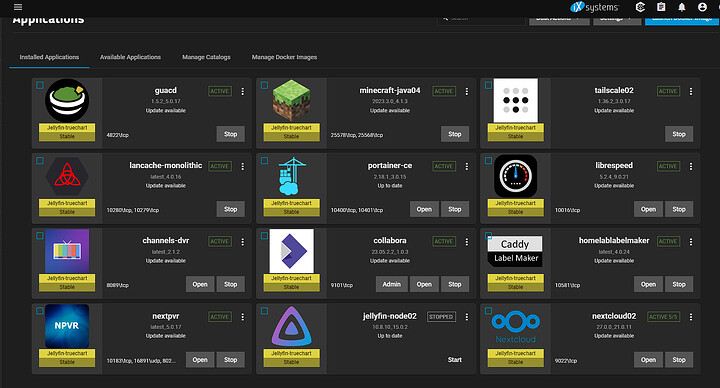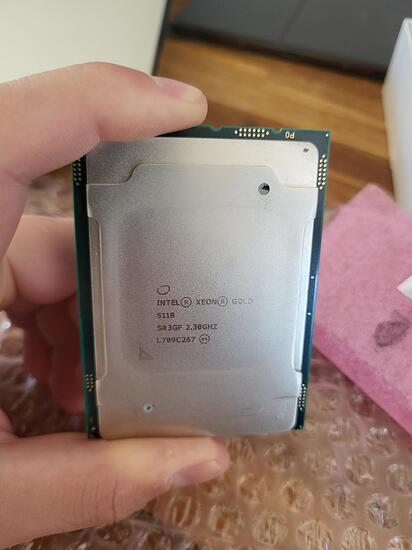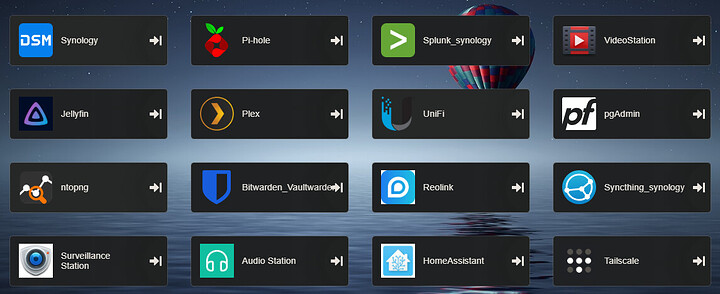Hello! This is going to be wordy, so if you feel like reading it is appreciated.
I have been looking to upgrade my NAS machine for some time, and have been perpetually waiting for one reason or another, and I think It’s time to source community feedback
For context, here’s what I have currently:
DS415+ with 3 x 12TB seagate Ironwolf Pro in Synology Hybrid Raid
DS216J with 2 x 4TB WD Red in Raid1
I originally moved from the DS216J to the DS415+ as primary due to the networking and compute bottleneck on the DS126, and for docker support as well as more bays for better redundancy. The DS216J is now functionally a backup for critical files, and will be being moved offsite later this year.
Things I really like about Synology:
Low Power usage
Interface is easy
Small Form factor, even rack units.
Things I really hate about Synology:
Relatively Low Compute power
Proprietary hardware, can’t be replaced by off the shelf parts
Proprietary software, not open source.
Pricing
I’ve tried to come up with a build several times and hit a few roadblocks.
Firstly chassis: I have a 27U “half depth” rack, and finding chassis’ has always been a pain. I was able to find a nice 3U from Sliger for my gaming rig, and some 2U units for gaming server and Ripping machine, but never a 2-3U with any front hot swap bays that’s less than a mile deep. Max depth is 19”, can do 20" but cables get a bit smushed.
Secondly Software: I have tried TrueNAS, and I know there are many here who live and breathe it and I respect that, but for me the simplicity and ease of DSM is a comfort, and much more my speed. I’ve heard horror stories about Unraid, so I’m not sure that is the way to go either. I’d like something I can load on an SSD or pair of, rather than usb.
Thirdly Power: I love the way Intel NUC’s and most Synology units just sip on power, and for a device that will be perpetually on that’s pretty critical for me. That being said, I don’t want to be constrained to the limits of the Atoms and Celeron’s most Synology units ship with. There has to be a happy medium somewhere, maybe with the efficiency of Alder lake or an AMD platform.
If it helps for suggestions the machine’s main tasks would be file service, mostly domestic use but I often need to upload terabytes of data at a time so fast R/W would be useful. It also runs a Jellyfin container serving 10 users, so more compute the merrier. Also PCIE 8/16X slot for transcode GPU wouldn’t hurt.
